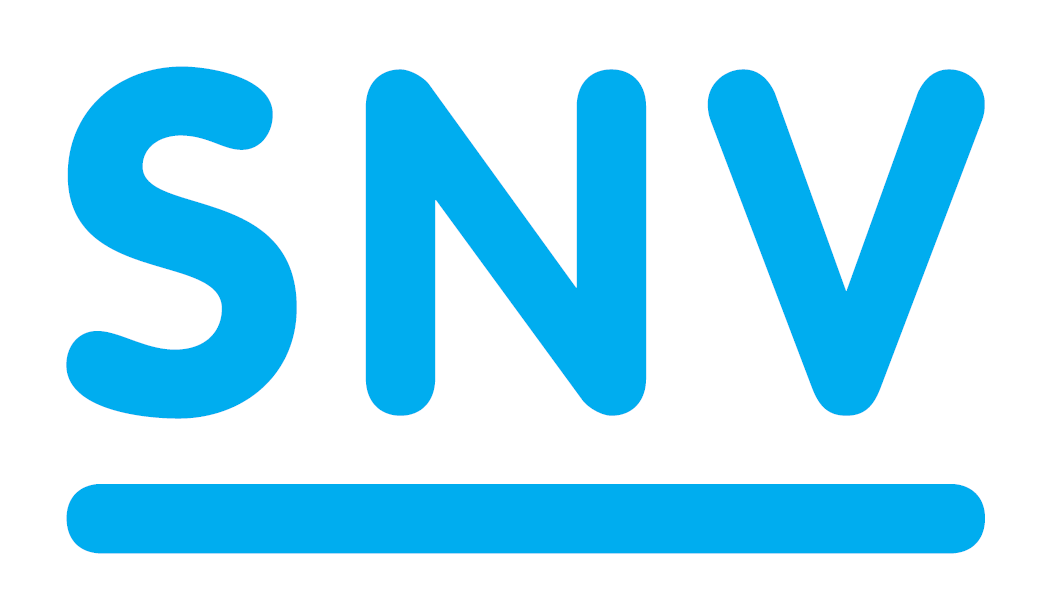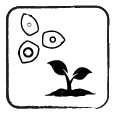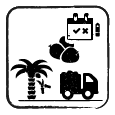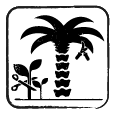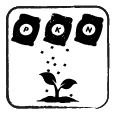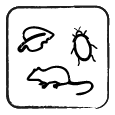Difference between revisions of "Sustainable Oil Palm Farming"
From Akvopedia
(→Acknowledgements) |
(→Manuals, videos & links) |
||
| (4 intermediate revisions by the same user not shown) | |||
| Line 1: | Line 1: | ||
| + | {{English-Bahasa-box|english_link= Sustainable Oil Palm Farming | indonesian_link= Budidaya Kelapa Sawit Berkelanjutan}} | ||
[[Image:SNV logo.png|right|100px|link=http://www.snv.org/]] | [[Image:SNV logo.png|right|100px|link=http://www.snv.org/]] | ||
[[Image:wageningen small.png|right|100px|link=http://www.wageningenur.nl/en/wageningen-university.htm]] | [[Image:wageningen small.png|right|100px|link=http://www.wageningenur.nl/en/wageningen-university.htm]] | ||
| − | This portal is meant to help oil palm smallholders to increase the productivity of their plantations and income in a sustainable way. Sustainable intensification in smallholder oil palm plantations focuses on achieving good yields and profits, while maintaining soil fertility, minimising erosion, maintaining water quality, controlling pests, diseases and weeds through integrated pest management and using agrochemicals safely and in the smallest possible amounts. The recommendations in this handbook are in line with the principles and criteria of the Roundtable on Sustainable Palm Oil, but are not sufficient to achieve [http://www.rspo.org/smallholders/rspo-certification RSPO certification]. | + | |
| + | This portal is meant to help oil palm smallholders to increase the productivity of their plantations and income in a sustainable way. Sustainable intensification in smallholder oil palm plantations focuses on achieving good yields and profits, while maintaining soil fertility, minimising erosion, maintaining water quality, controlling pests, diseases and weeds through integrated pest management and using agrochemicals safely and in the smallest possible amounts. The recommendations in this handbook are in line with the principles and criteria of the Roundtable on Sustainable Palm Oil, but are not sufficient to achieve [http://www.rspo.org/smallholders/rspo-certification RSPO certification]. | ||
<br> | <br> | ||
<br> | <br> | ||
| Line 151: | Line 153: | ||
|} | |} | ||
| + | |||
| + | ===Manuals, videos & links=== | ||
| + | * [http://www.palmdoneright.com/en/home/ Palm Done Right]. You may have heard of all the destruction Asian palm oil is causing. But that’s not the full story. Done right, palm oil can be one of the most sustainable oils in the world, nurturing animals, people, communities and the environment. | ||
===Acknowledgements=== | ===Acknowledgements=== | ||
Latest revision as of 01:23, 26 February 2018
| |
This portal is meant to help oil palm smallholders to increase the productivity of their plantations and income in a sustainable way. Sustainable intensification in smallholder oil palm plantations focuses on achieving good yields and profits, while maintaining soil fertility, minimising erosion, maintaining water quality, controlling pests, diseases and weeds through integrated pest management and using agrochemicals safely and in the smallest possible amounts. The recommendations in this handbook are in line with the principles and criteria of the Roundtable on Sustainable Palm Oil, but are not sufficient to achieve RSPO certification.
Manuals, videos & links
- Palm Done Right. You may have heard of all the destruction Asian palm oil is causing. But that’s not the full story. Done right, palm oil can be one of the most sustainable oils in the world, nurturing animals, people, communities and the environment.
Acknowledgements
- This portal was comprised primarily from the online document: Into The Field: Oil Palm Farming in Indonesia. Lotte Woittiez and SNV.
